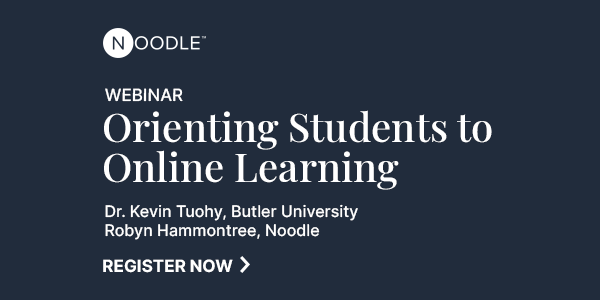Employer Roundtable: The Cost of Graduate Education
On June 20th, the CGS Employer Roundtable met to discuss the cost of graduate education. Chaired by Stanley Litow, Professor, Columbia University and Trustee at the State University of New York, the Employer Roundtable is convened biannually by CGS’s President, Suzanne Ortega to discuss pressing topics facing graduate education and the workforce, and to form relationships between employers and leaders in graduate education.
At the June meeting, Ortega gave a presentation on the cost of graduate education and outline the current issues graduate schools are facing: first-time enrollment declines, decreasing PhD cohorts to increase stipends, continued skepticism from media and policy makers on the value of master’s degrees, to name a few. Often associated with these issues is the cost of graduate education.
Ortega then went on to share about the Cost of Graduate Education (CGE) Taskforce that CGS launched late last year. The Taskforce is conducting an in-depth examination of the cost of graduate education and will develop a toolkit and a set of promising practices that the graduate education community may use to optimize the accessibility, affordability, and quality of graduate education.
After learning about the Taskforce, the members of the Employer Roundtable discussed the roles of employers in graduate education and how they can help address this issue.
Ken Eisner, Managing Director of Higher Education at ETS, said as an employer, he sees the value in microcredentials because it allows employees to gain new skills while they work. He sees this as a way to keep and promote employees.
Chris Valentino, Chief Innovation Officer at Peraton, communicated that there should be more 4+1 programs, which allow students to get an undergraduate degree and a master’s in five years, so that students are able to transition faster to the workforce.
Mark Turner, founder and CEO of Optimal Solutions Group, said that supporting student workers is sometimes tougher for smaller businesses like his. He said they need workers with skills that directly align with the needs of the organization. He said that there should be more industry and academic partnerships to help students ground their knowledge and have people from industry on dissertation committees. He said that this would help ensure that graduate students research will be applicable to the workforce.
CGS looks forward to working with the Employer Roundtable members on the cost of graduate education and other pressing topics and sharing their insights with CGS members.


